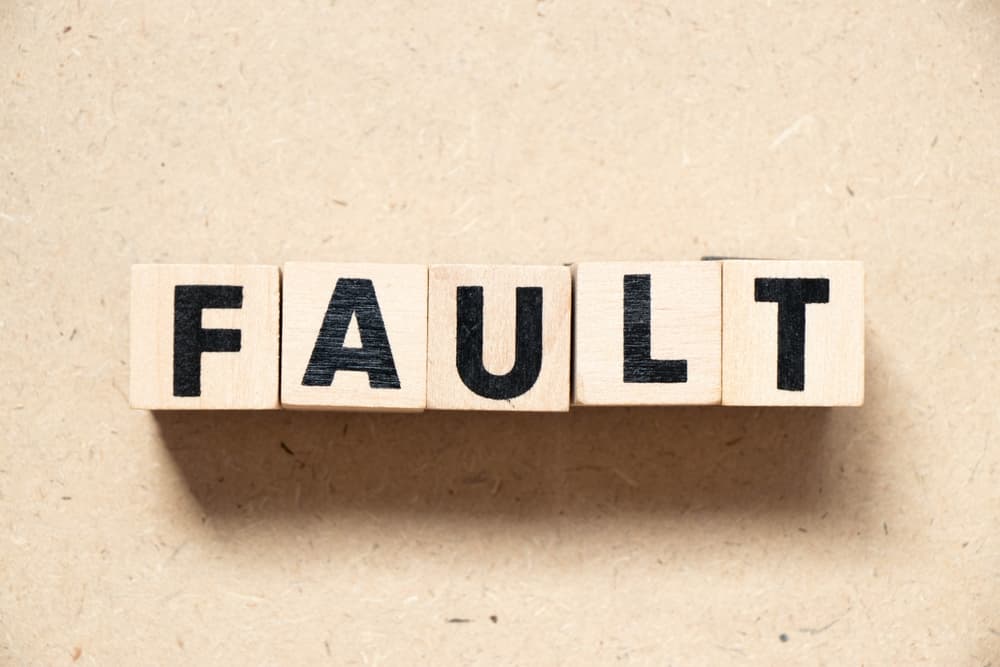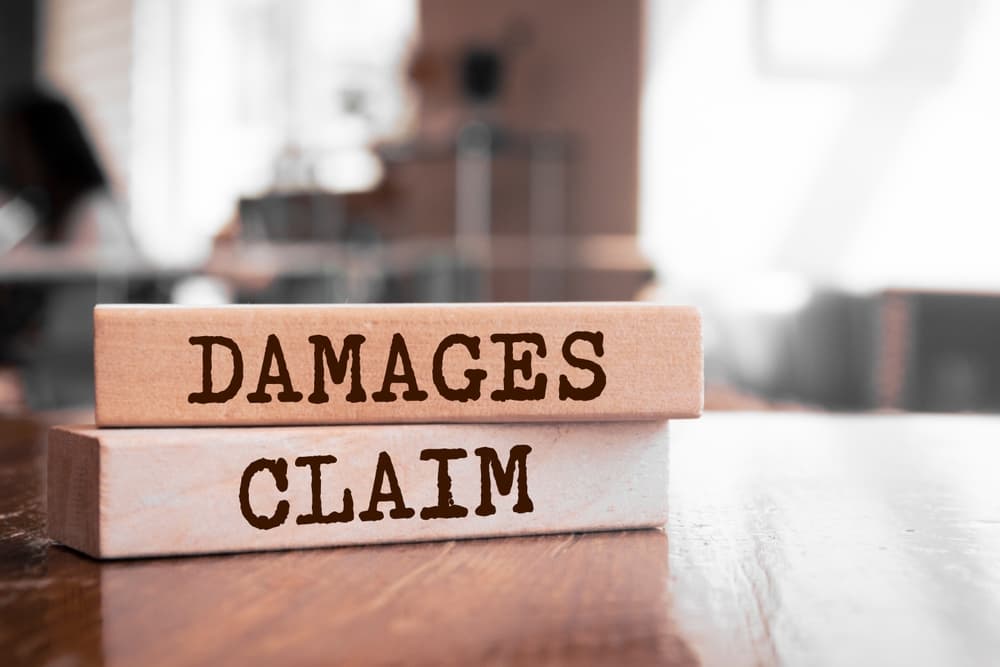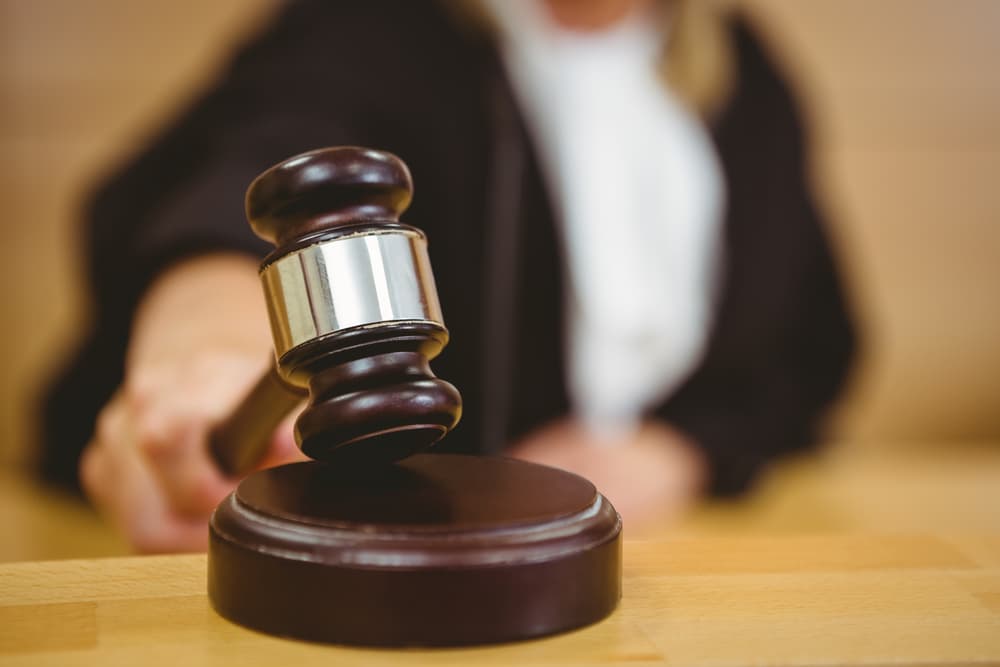Most people don’t think about hiring a lawyer until life throws them a curveball—a wrecked car, a hospital bill that looks more like a mortgage, or an insurance adjuster shrugging off your pain.
Some cases scream for legal help—serious injuries, shady liability disputes, or an insurance company refusing to play fair. But even if things seem straightforward, you might miss out on compensation you didn’t even know you deserved.
If you’re wondering whether it’s time to call a lawyer, let’s talk. Call (540) 535-2005 now.
Our team at Correll Law Firm offers free consultations to help you get the clarity you need—because when your rights are on the line, we’re here to back you up.
Recognizing the Need for Legal Representation
When the Injuries Are Serious
Minor fender benders rarely require a legal team. But when you’re facing major medical bills, extended recovery time, or life-changing impairments, the stakes rise exponentially.
Injuries like traumatic brain damage, broken bones, or spinal cord trauma don’t just drain your health—they drain your resources. Virginia law (Va. Code § 8.01) allows for claims to include future medical expenses, lost earning capacity, and non-economic damages, but proving these requires meticulous documentation.
We ensure no stone goes left unturned, so you recover compensation for everything, not just the immediate aftermath.
When Fault Isn’t Black and White

Accidents can turn into a he said, she said fiasco faster than you think. When the other party disputes fault—claiming you were distracted, speeding, or otherwise reckless—it doesn’t just complicate the case. In Virginia, it threatens the entire outcome.
Virginia follows the harsh contributory negligence rule (Va. Code § 8.01-34). If the defense proves you were even 1% responsible for the accident, you’re barred from recovering compensation. That’s not an exaggeration—it’s the law.
Our lawyers know how to dismantle these arguments:
- We bring in accident reconstruction experts to analyze skid marks, traffic patterns, and vehicle damage.
- We gather unbiased witness testimony and surveillance footage to support your version of events.
- We challenge weak or speculative claims made by the opposing party.
Without that work, you risk losing everything—even if you only played the smallest role in what happened.
When the Insurance Company Has the Upper Hand
Adjusters don’t work for you—they work for the company that signs their paycheck. Their playbook includes tactics like lowball offers, misinterpreting policy language, or simply dragging things out until you’re too worn down to fight back.
Insurance companies aren’t obligated to act in your best interest. Their loyalty lies in minimizing payouts. We not only identify these strategies but also counter them with aggressive negotiation and airtight legal arguments.
When Multiple Parties Are Involved
Sometimes, accidents involve multiple players: trucking companies, drivers, product manufacturers, or even government entities. A multi-vehicle pileup on I-81? A faulty brake system that failed at the worst moment? These cases are anything but straightforward.
With multiple parties, two things happen: blame starts flying in every direction, and the legal process gets messy fast. Commercial entities, like trucking companies, have their own attorneys and insurance teams who work to minimize payouts. If you try to go it alone, they’ll pick apart your case while covering their own liability.
We step in to keep the pressure on:
- Investigating company records (e.g., truck driver logs or product defect reports) to uncover negligence.
- Holding employers accountable under the respondeat superior doctrine, which makes businesses liable for their employees’ actions.
- Coordinating across multiple insurance companies to ensure slips through the cracks and leaves you under-compensated.
Take commercial truck accidents, for instance. The Federal Motor Carrier Safety Administration’s regulations outline strict rules for truck maintenance, driver hours, and training. Trucking companies cut corners with catastrophic results.
We will dig into maintenance logs, driver history, and black box data to expose violations that prove negligence. Without this level of scrutiny, it’s far too easy for corporate entities to dodge accountability while leaving you to deal with the aftermath.
Accidents Involving Uninsured or Underinsured Drivers
Few things are more exasperating than discovering the driver who hit you lacks sufficient—or any—insurance to cover your damages. Virginia mandates that all drivers carry auto insurance.
However, despite this, some drivers may still carry only the state’s minimum liability coverage, which might barely cover a fender bender, let alone a severe accident.
In such scenarios, a lawyer can explore alternative avenues for compensation, including:
- Your own uninsured/underinsured motorist (UM/UIM) coverage: This coverage provides bodily injury and property damage protection if you’re in an accident caused by an uninsured motorist or a hit-and-run driver (source: Virginia SCC).
- Identifying other liable parties: For instance, if a vehicle defect contributed to the accident, the manufacturer might share liability.
- Pursuing a personal injury lawsuit against the at-fault driver: This approach seeks compensation beyond their insurance policy limits, potentially targeting personal assets.
Without legal guidance, it’s easy to overlook these options or accept an initial insurance offer that does not cover your true needs.
Why Hiring a Lawyer Maximizes Compensation

Even in seemingly straightforward cases, hiring a lawyer could mean the difference between walking away with a settlement and walking away with the settlement you deserve.
According to an Insurance Research Council (IRC) study, injured individuals who hired an attorney received payouts 3.5 times higher, on average, than those who didn’t.
This isn’t a coincidence.
Lawyers know how to evaluate every component of your damages:
- Economic damages: Medical bills, lost wages, and future expenses tied to ongoing treatment.
- Non-economic damages: Pain, emotional distress, and reduced quality of life.
- Punitive damages (when applicable): Penalties imposed on at-fault parties for particularly reckless behavior.
Without a lawyer, you risk overlooking categories of compensation or accepting a settlement far below what your case is worth. We calculate the full value of your claim and back it with evidence that forces insurance companies to negotiate seriously.
Steps to Take Before Hiring a Lawyer
Deciding to hire a personal injury lawyer is a big step, but it doesn’t mean you should rush into it blindfolded. Preparation is key. The more groundwork you lay beforehand, the easier it becomes to find the right attorney and set your case up for success.
Research and Vet Attorneys
Not all lawyers are created equal, and you don’t want to waste time with someone who dabbles in personal injury law on the side.
You need someone with deep experience handling cases like yours.
- Start with online reviews and ratings. Websites like Avvo, Martindale-Hubbell, and even Google Reviews offer insights into how past clients felt about their experience. Look for lawyers who are praised for their responsiveness, communication, and ability to win tough cases.
- Check their credentials and experience. Does the attorney have experience in personal injury cases? How many years have they practiced? If they’ve handled cases involving catastrophic injuries, multi-car accidents, or contributory negligence defenses, that’s a big green flag.
- Research their trial experience. Most cases settle out of court, but if yours heads to trial, you’ll want someone comfortable arguing in front of a jury.
When you’re researching attorneys, look for those with a reputation for winning and for treating clients like people, not case numbers.
Gather Your Documentation
Lawyers work with facts, and facts come from evidence. Before sitting down for a consultation, gather the paperwork that tells your story.
The stronger the foundation you provide, the faster an attorney can evaluate your case.
- Accident Reports: If the police or first responders arrive at the scene, you’ll have an official report detailing what happened and who was involved. This serves as an unbiased baseline for your case.
- Medical Records: Bring all records related to your injuries, treatments, and diagnoses. Include hospital bills, therapy costs, and prescriptions—anything that shows the extent of your injuries and the financial impact.
- Insurance Correspondence: If the insurance company has already contacted you, document everything: emails, letters, phone calls, and settlement offers. Lawyers can spot when insurers are lowballing or acting in bad faith.
- Photos and Witness Statements: Any photos of the accident scene, vehicle damage, or injuries will add weight to your case. If witnesses gave statements or contact information, bring that along, too.
Walking into a consultation with organized documents shows the attorney you’re serious about your claim—and it lets them get straight to the heart of your case.
Prepare Questions for the Lawyer
A good lawyer isn’t just someone with a fancy office or a confident handshake. You need to know if they’re the right fit for you and your case.
Treat the initial consultation like an interview, and come ready with questions that reveal what they bring to the table.
- “How many cases like mine have you handled, and what were the outcomes?”
- “Do you have trial experience?”
- “What’s your fee structure?”
- “How will we communicate?”
If an attorney dodges these questions or doesn’t seem transparent about their process, that’s a red flag. Move on to someone else.
Understand Their Fee Agreements
Most personal injury lawyers work on a contingency fee basis, meaning you don’t pay anything unless they win or settle your case.
Sounds simple, right?
It usually is, but there’s still fine print worth reading.
- Clarify additional costs. Even on contingency, some firms charge for filing fees, depositions, and expert witness testimony, which may come out of your final compensation. Get a clear breakdown of these expenses.
- Ask if their fees change if the case goes to trial. Trials require more time and resources, which might increase the lawyer’s percentage.
Knowing what to expect eliminates surprises. Discuss fees upfront rather than wonder where a chunk of your settlement went later.
What Happens After You Hire a Lawyer

Here’s what happens next:
- Case Evaluation and Strategy Planning
- We review the facts, identify strengths and challenges, and craft a game plan tailored to your case.
- Gathering Evidence
- We collect:
- Medical records and bills to document injuries.
- Police reports and witness statements to establish fault.
- Photos, videos, or surveillance footage from the accident scene.
- We may also bring in experts—like medical professionals and accident reconstructionists—to strengthen your claim.
- We’ll build a case backed with clear, airtight evidence.
- We collect:
- Negotiating with Insurance Companies
- We counter lowball offers with detailed evidence of your damages.
- Our involvement signals to insurers that you won’t settle for less than fair compensation.
- Litigation, If Necessary
- If negotiations stall, we will file a lawsuit and prepare for court.
- We handle:
- Pretrial discovery to gather additional evidence.
- Legal motions to address disputes.
- Presenting a strong case to the jury with experts and facts.
From strategy to settlement—or the courtroom—we handle every step, so you don’t have to.
Get the Compensation You Deserve
Whether your injuries are a hiccup or a life-changer, one thing’s clear: leaving money on the table isn’t an option. A personal injury lawyer doesn’t just fight for you—we ensure every dollar you deserve finds its way to you.
Don’t gamble with your recovery. Call Correll Law Firm today at (540) 535-2005, and let us take it from here.
